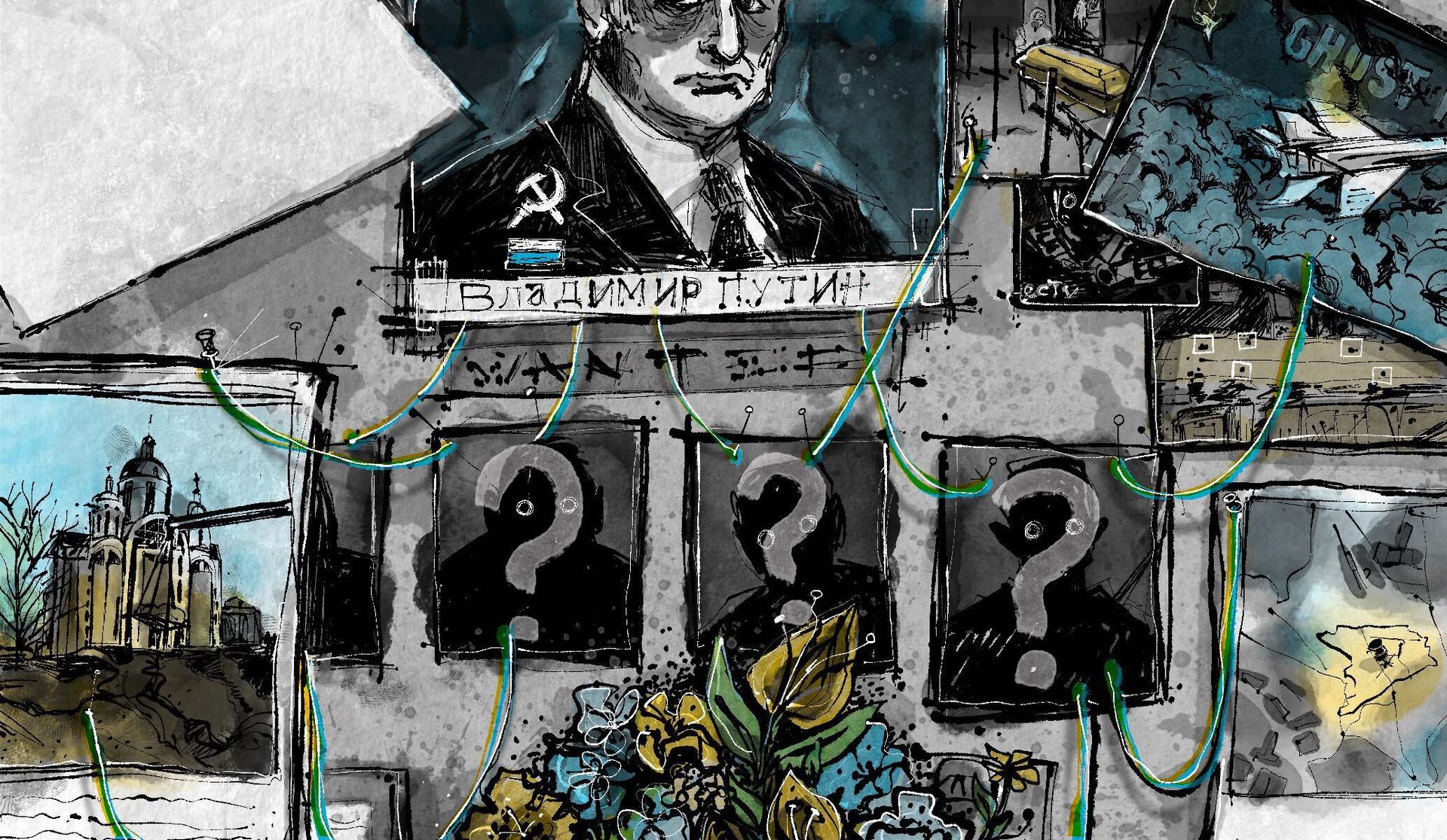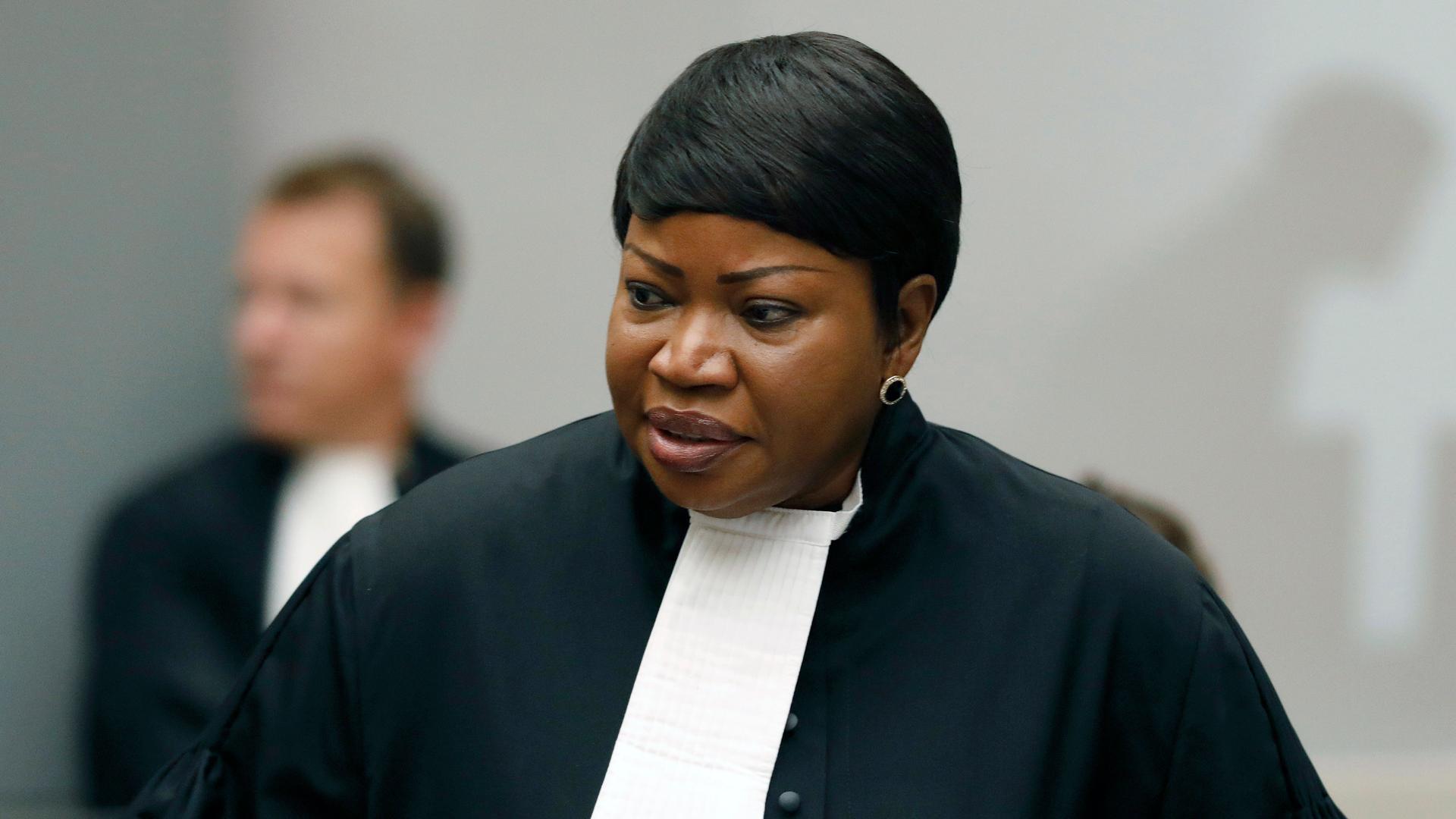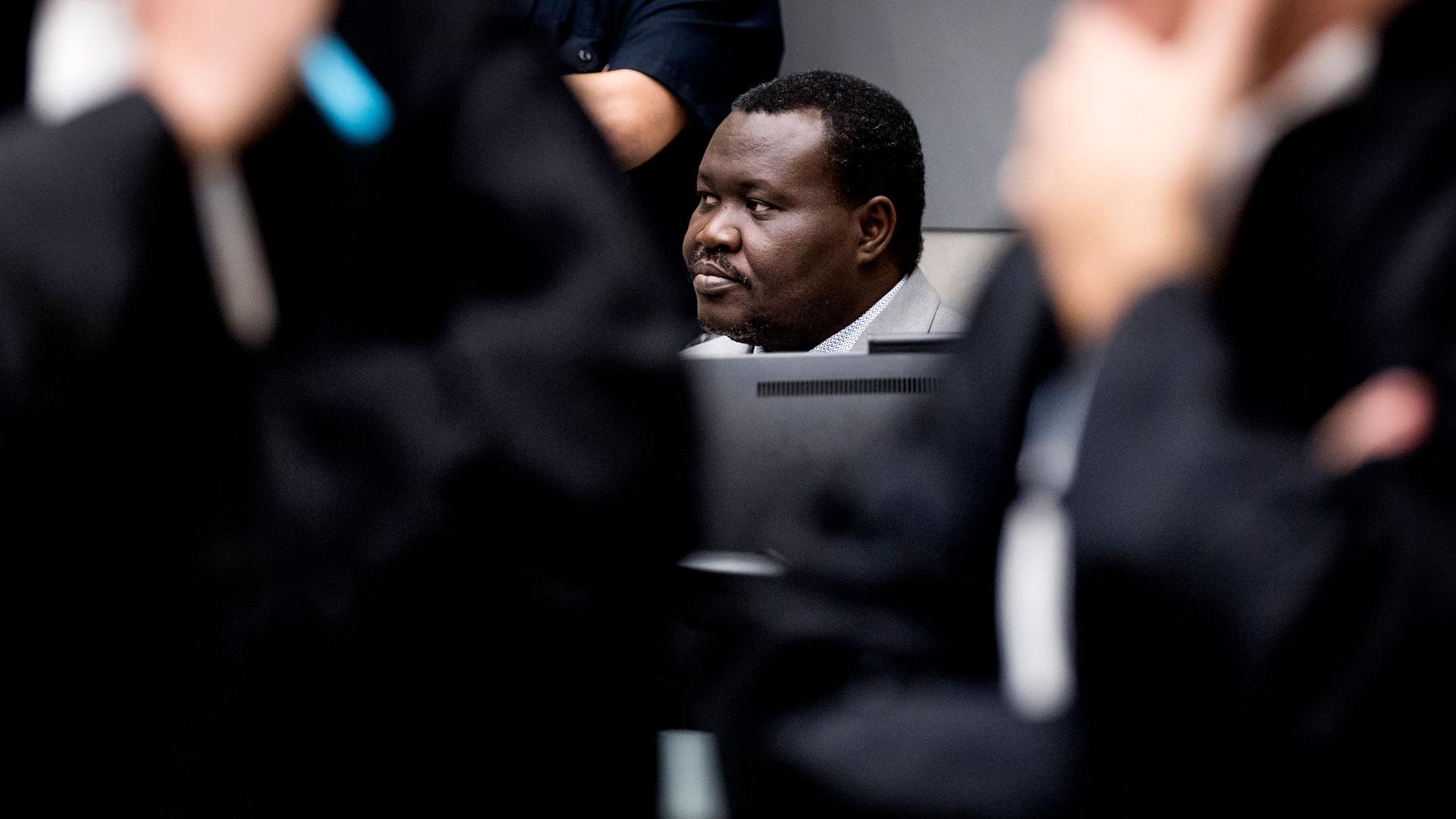the Hague
Holding Russia accountable for war crimes
In wartime, it is rare that people are held accountable for the crimes they commit. Sometimes justice takes decades, or it never comes. But cell phones and city surveillance videos mean that atrocities can be caught on cameras. Dina Temple-Raston, the host of the podcast, “Click Here,” reports that Ukrainian officials are working with the International Criminal Court to collect the data and file cases so those who commit war crimes don’t go free.
We want to hear your feedback so we can keep improving our website, theworld.org. Please fill out this quick survey and let us know your thoughts (your answers will be anonymous). Thanks for your time!
Tensions continue in Darfur as Sudanese war criminal faces his day in court
Ali Kushayb, a former militia leader, appeared at the International Criminal Court after more than a decade evading charges of war crimes against humanity. Some Darfuris say Kushayb’s arrest is a sign that justice — long-elusive — could be on the horizon.
International Criminal Court says Pompeo is threatening its staff
US Secretary of State Mike Pompeo said two members of the ICC prosecutor’s staff were driving a political effort to use the ICC to investigate Americans. In response, the ICC released a statement on March 19 that pointedly called those comments by Pompeo “threats.”
ICC says US can be investigated for war crimes; Putin and Erdoğan hold talks over Syria; Governments, businesses take measures to halt spread of COVID-19
The International Criminal Court in The Hague has authorized investigations into war crimes and crimes against humanity committed in Afghanistan, including alleged crimes by US forces. And, in Mexico, violence against women and girls has sparked outrage and calls for strikes to protest. And governments and businesses are taking increased measures to stem the spread of COVID-19. But the internet is providing some light-hearted reminders on how to keep germs at bay.
In the western Balkans, DNA tests help families discover fate of dead relatives
DNA testing is making it possible for thousands of families to recover and identify the skeletal remains of loved ones decades after they were murdered or disappeared. But some families are traumatized and distressed by these discoveries.
Subscribe to The World’s Latest Edition podcast for free using your favorite podcast player:


